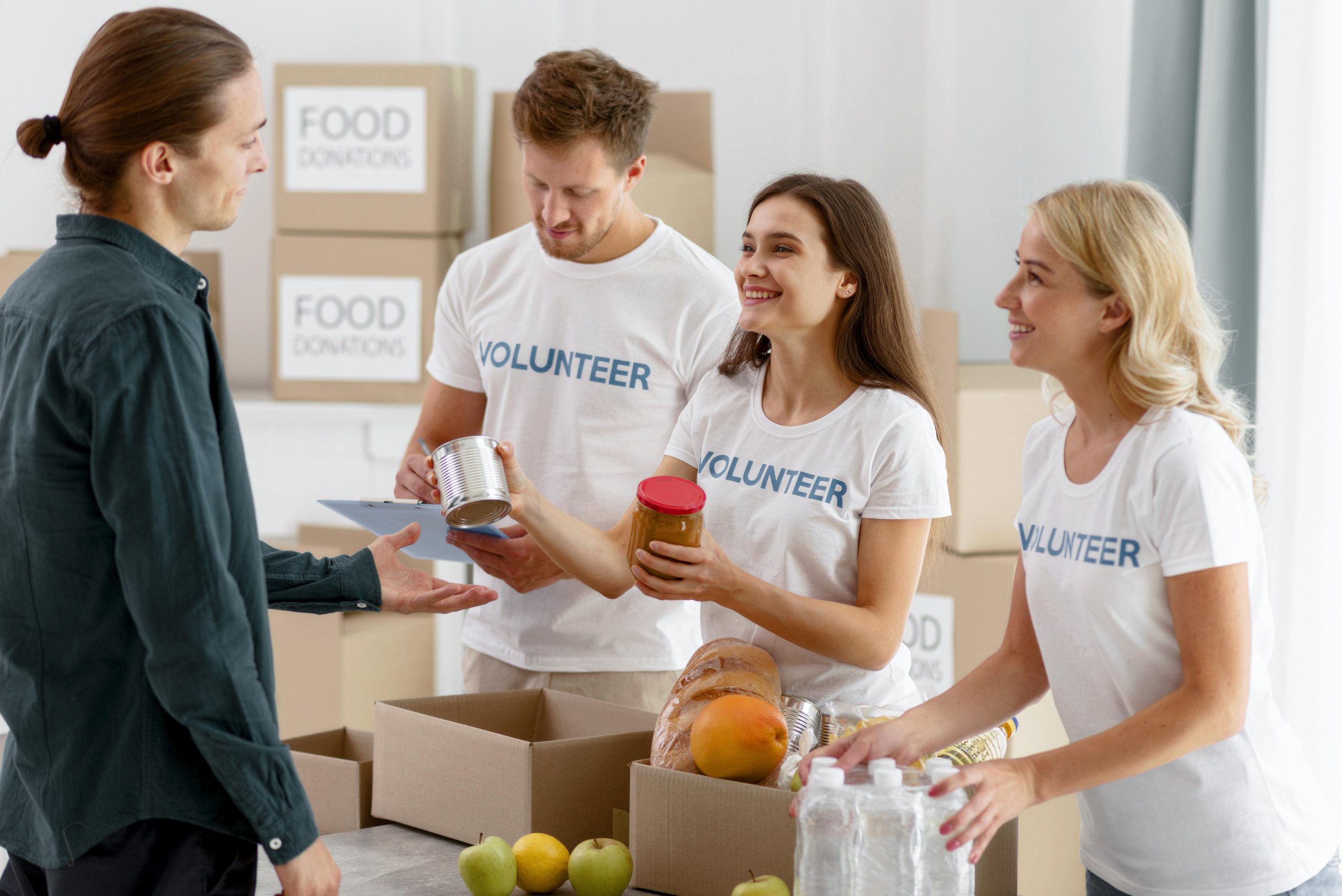
Volunteerism is good for the health and well-being of volunteers, according to a new study in the American Journal of Preventive Medicine.
Findings affirmed that people over 50 who volunteer for 100 hours a year or around two hours per week have significantly reduced risk of mortality and having physical limitations, higher levels of physical activity, and better sense of well-being later on compared to people who do not volunteer.
"Humans are social creatures by nature. Perhaps this is why our minds and bodies are rewarded when we give to others. Our results show that volunteerism among older adults doesn't just strengthen communities, but enriches our own lives by strengthening our bonds to others, helping us feel a sense of purpose and well-being, and protecting us from feelings of loneliness, depression, and hopelessness. Regular altruistic activity reduces our risk of death even though our study didn't show any direct impact on a wide array of chronic conditions," said lead investigator Eric S. Kim, PhD, Department of Social and Behavioral Sciences and Lee Kum Sheung Center for Health and Happiness, Harvard T.H. Chan School of Public Health, Boston; and Human Flourishing Program, Institute for Quantitative Social Science, Harvard University, Cambridge, MA, USA.
While an ever-expanding body of research has associated volunteerism to several health and well-being benefits, there is still little evidence to show the consistent and positive outcomes that are necessary to create public health interventions based on volunteerism.
This large-scale study is able to fix this gap by assessing 34 physical health and psychological/social well-being circumstances.
However, the study did not establish the association between volunteerism and improvements to chronic conditions such as hypertension, diabetes, cancer, stroke, heart disease, lung disease, , obesity, cognitive impairment, and arthritis.
The observation was based on data, face-to-face interviews, and survey responses from 13,000 participants casually chosen from the Health and Retirement Study (HRS), a representative sample of older adults in the US. The participants were monitored for four years in two cohorts from 2010-2016.
Skills, experiences
The growing older adult population has a several skills and experiences that can be leveraged for the overall good in the society via volunteering.
Meanwhile, he researchers recommend the use of policies that inspire more volunteerism. Such interventions could both enhance society and support a trajectory of healthy aging in the rapidly growing population of older adults. More studies are also needed to understand the underlying reasons for the divergence in some of the results from past research.
Dr. Kim noted that "now might be a particular moment in history when society needs your service the most. If you are able to do so while abiding by health guidelines, you not only can help to heal and repair the world, but you can help yourself as well. When the COVID-19 crisis finally subsides, we have a chance to create policies and civic structures that enable more giving in society. Some cities were already pioneering this idea before the pandemic and quarantine, and I hope we have the willingness and resolve to do so in a post-COVID-19 society as well."






